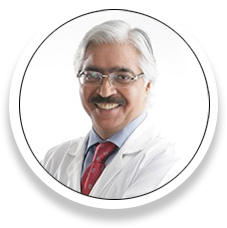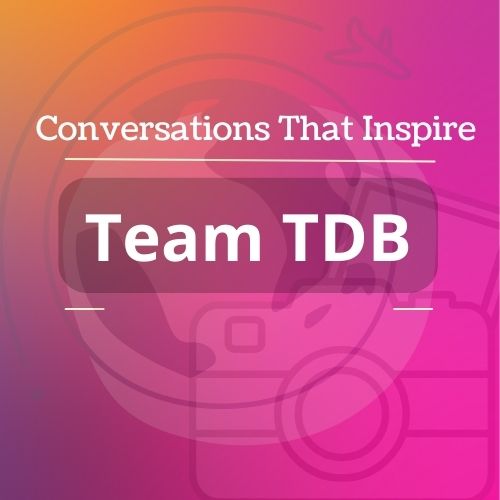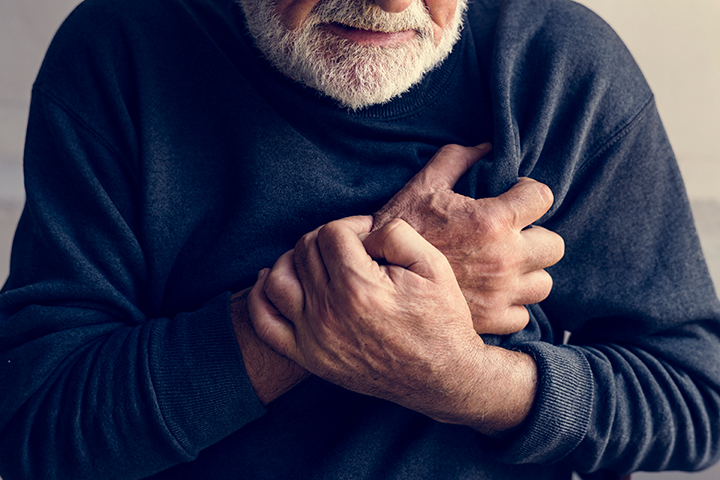- Team led by Dr Ashok Seth performs a novel technique for the first time in India to open up severely calcified and hard blockage in a 67 year-old patient with heart attack
Srinagar: A team of doctors led by Dr Ashok Seth, Chairman, Fortis Escorts Heart Institute(FEHI), New Delhi performed India’s First Coronary Shockwave Lithotripsy on 11th January afternoon to open up a severely blocked artery in a 67 year-old patient who had recently had a heart attack. The patient had 90% blocked artery which could not be opened by the standard technique balloon angioplasty at extremely high pressures with balloon bursting and it became impossible to open the blockage. Then the novel shockwave balloon was inserted inside the heart artery and sonic pulses delivered to break the calcium in the blockage. After that the blockage opened easily at even low pressures with subsequent stent implantation and a successful procedure.
Shockwave Coronary Lithotripsy is a novel procedure which brings hope for those suffering from an advanced form of coronary artery disease (CAD) having angina or heart attack in which the blockage becomes very hard due to deposit of calcium. This happens in 20-25% of the patients undergoing angioplasty and stenting especially those who are old, diabetic, have chronic kidney disease, have long standing blockages or who have undergone previous bypass surgery. Shockwave Coronary Lithotripsy is a major advancement over the previous techniques used for such hard blockages like ultra-high pressure balloons or rotatory drills which are difficult to use and carry risk of rupturing the artery.
Intravascular Lithotripsy launched by Shockwave Medical, USA is an innovative technology that generates sonic pressure waves within heart arteries to break up problematic calcium deposited blockages so that the blocked artery can be opened with ease and safety and blood flow restored with the placement of a stent. The therapy leverages a similar minimally invasive approach that has been embraced by physicians for decades to treat kidney stones, which are also made up of calcium.
“We are happy to be the first to offer this innovative technology to the benefit of the numerous patients in India undergoing angioplasties,” said Dr Ashok Seth after he and his team performed the first case in the country. “Hardened calcified blockages are a big challenge to treat by angioplasty and stents and is getting commoner. Such blockages can now be opened with ease and safety to give patients the best
results for long term. The sonic pressure waves produced when performing Intravascular. Lithotripsy give us a novel, safe and proven treatment option to break up the calcified plaque, with potentially less risk of injury to the heart artery and safer to the patient when compared to other treatments,” Dr Seth added.
Calcium slowly develops and progresses to its hardened, bone-like state over the course of several decades of cellular growth and death in diseased plaque within the heart arteries. While it is slow to develop, its impact is immediately encountered when performing procedures in calcified lesions. The calcium’s hardened structure restricts normal artery movement and makes the rigid arterial tissue resistant to traditional balloon therapies that have been designed to compress the plaque within the artery wall to restore normal blood flow. For these reasons, the presence of calcium increases the complexity of most cases and decreases the effectiveness of most treatments.
“We always remain at the forefront of bringing cutting age technology for better clinical results. This is yet another opportunity when our world class team of cardiologists applied a novel technique to improve upon success rate of a stenting procedure. This is going to provide much credible patient experience post treatment. Our patient experience remains our core objective and such events help us move towards achieving greater heights in this regard,” said Mr Bidesh Paul, Zonal Director, FEHI.
About the Author
 Dr Ashok Seth
Dr Ashok Seth
Chairman
Fortis Escorts Heart Institute(FEHI)
New Delhi



















